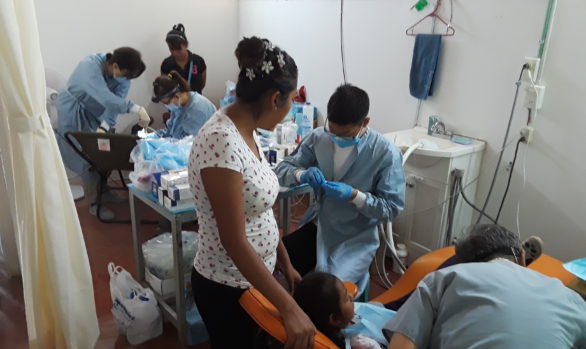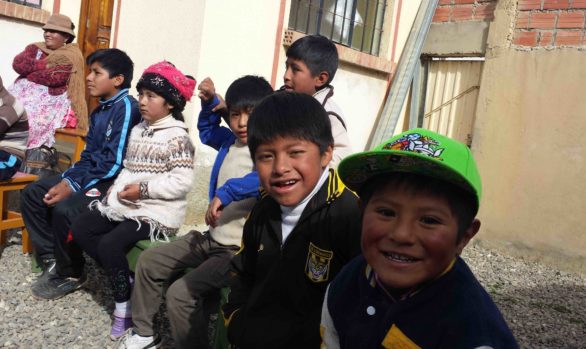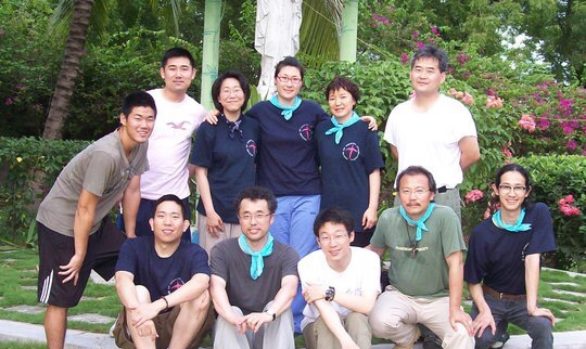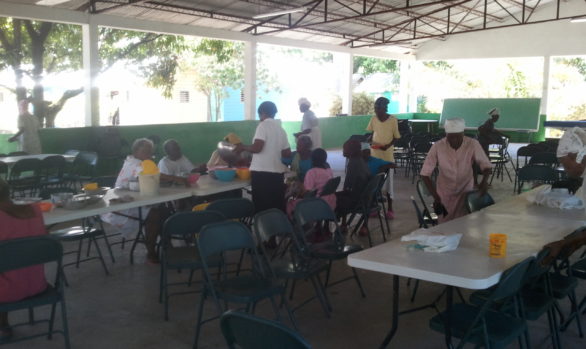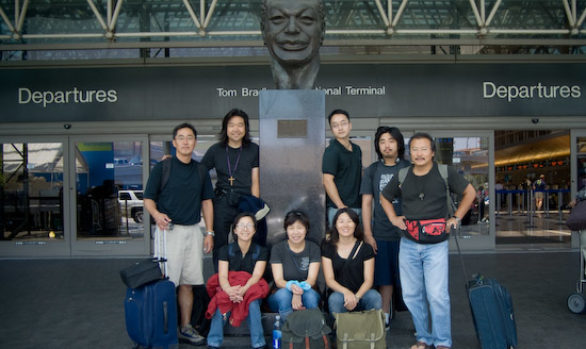Kampala, Uganda
Mission TripsUganda, officially the Republic of Uganda, is a landlocked country in East Africa. It is bordered to the east by Kenya, to the north by South Sudan, to the west by the Democratic Republic of the Congo, to the southwest by Rwanda, and to the south by Tanzania. Uganda lies almost completely within the Nile basin. The Victoria Nile drains from Lake Victoria into Lake Kyoga and thence into Lake Albert on the Congolese border. It then runs northwards into South Sudan. The official languages are Swahili and English. Uganda is one of the poorest nations in the world, with 37.7% of the population living on less than $1.25 a day. Despite making enormous progress in reducing the countrywide poverty incidence from 56% of the population in 1992 to 31% in 2005, poverty remains deep-rooted in the country’s rural areas, which are home to more than 85 percent of Ugandans.
At the 2002 census, Uganda had a literacy rate of 66.8% (76.8% male and 57.7% female). Public spending on education was at 5.2% of the 2002–2005 GDP. The system of education in Uganda has a structure of seven years of primary education, six years of secondary education (divided into four years of lower secondary and two years of upper secondary school), and three to five years of post-secondary education. There are state exams that must be taken at every level of education.
Uganda is a religiously diverse nation with Christianity and Islam being the most widely professed religions. According to the 2002 census, Christians of all denominations made up 85.1% of Uganda’s population. The Roman Catholic Church has the largest number of adherents (41.9% of the total population), which means Uganda is roughly tied with Lesotho as the most Catholic country in English-speaking Africa. The largest Protestant church is the Anglican Church of Uganda, a part of the worldwide Anglican communion, at 35.9%. There are numerous Pentecostal churches (4.6%), while 1.0% were grouped under the category “Other Christians”.
Kampala is the capital and largest city in Uganda. Kampala is served by Entebbe International Airport, which is the largest airport in Uganda. Boda-bodas (local motorbike transport) are a popular mode of transport that allows access to many areas within and outside the city. Standard fees for these range from UGX 1,000 to 2,000 -$1 is about UGX 2,500- or more.
Uganda is very green and lush. Kampala has a tropical rainforest climate in Köppen-Geiger climate classification system. The average temperature during June and July is about 70F., but it could be anywhere between low 60F to upper 70F. Weather-wise, January to March is the hottest, after which the temperature decreases slightly. Uganda is also relatively cool temperatures at night.
As for airfares, the high season begins around October 15th through December 10th. The low season is from January 16th through June 20th. “Shoulder” season is from August 15th to September 30th and December 10th-31st. Entebbe International Airport (Kampala) is the main airport. It’s roughly an hour drive to the MOP monastery. The Profession of Vows is held on the 28th of June.
Vaccination: recommended for malaria, and typhoid, Yellow Fever

